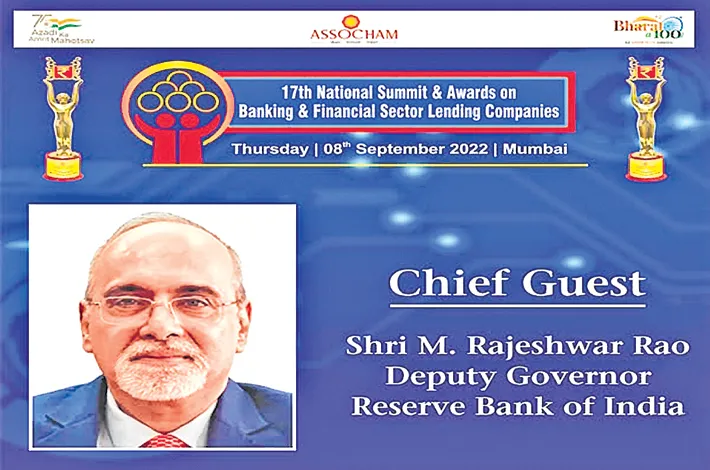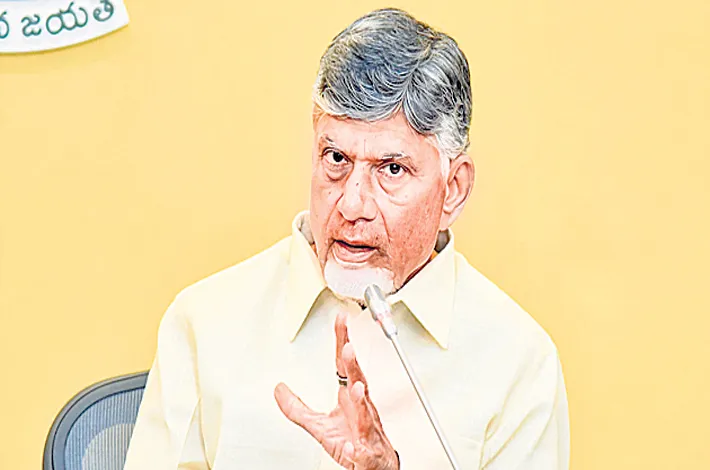‘Collateral-based lending fail to accommodate first-time borrowers, small businesses’
22-02-2025 12:00:00 AM

Palazhi Ashok Kumar mumbai
The concept of collateral-based lending never supports first-time borrowers and small businesses, and several bankers are reluctant to support the informal sector as they irrationally follow several failed and traditional credit models. This dilemma is undesirable in the world’s largest democracy as it speaks volumes, and stands tall as a strange paradox, a veteran Canada-based economist and banker told Free Press Journal on Friday.
Meanwhile, RBI Deputy Governor M Rajeshwar Rao said, traditional credit models, which rely heavily on collateral-based lending, fail to accommodate first-time borrowers and small businesses with limited credit histories. “Small businesses and individuals either remain underfunded or turn to informal sources of credit, often at exorbitant interest rates.
“A bank account should serve as the entry point for individuals to access a broader suite of financial products, including credit, insurance, pensions, and investment opportunities. Without a deeper engagement, financial inclusion remains superficial, and the true benefits of a formal financial system do not reach every individual or business,” deputy governor underlined here on Friday.
Financialisation refers to the increasing role of financial markets, institutions, and instruments in an economy. On the other hand, financial inclusion focuses on ensuring that every individual, especially those from underserved and marginalized communities, has access to basic financial services like savings accounts, credit, insurance, and digital payments. Without financial inclusion, financialisation risks being concentrated among a privileged few, limiting broader economic participation.
Conversely, without financialisation, inclusion remains superficial, as access to banking alone does not empower individuals unless they can also save, invest, and grow their wealth. Financialization and financial inclusion are often used interchangeably, but they represent distinct aspects of economic development.
On the present status of financial inclusion, Rao said, RBI’s Financial Inclusion Index, a multidimensional composite index that captures the extent of financial inclusion across the country, stood at 64.2 in March 2024, up from 60.1 in March 2023 and 43.4 in 2017. Another critical gap, according to Rao, is in insurance penetration, which stands at just 3.7 per cent in FY24, significantly lower than the global average of seven per cent.








